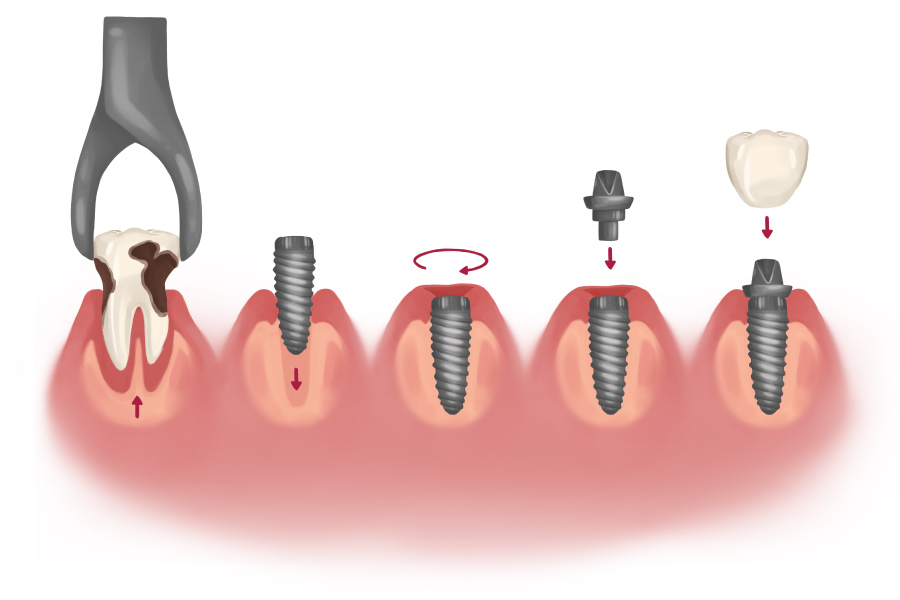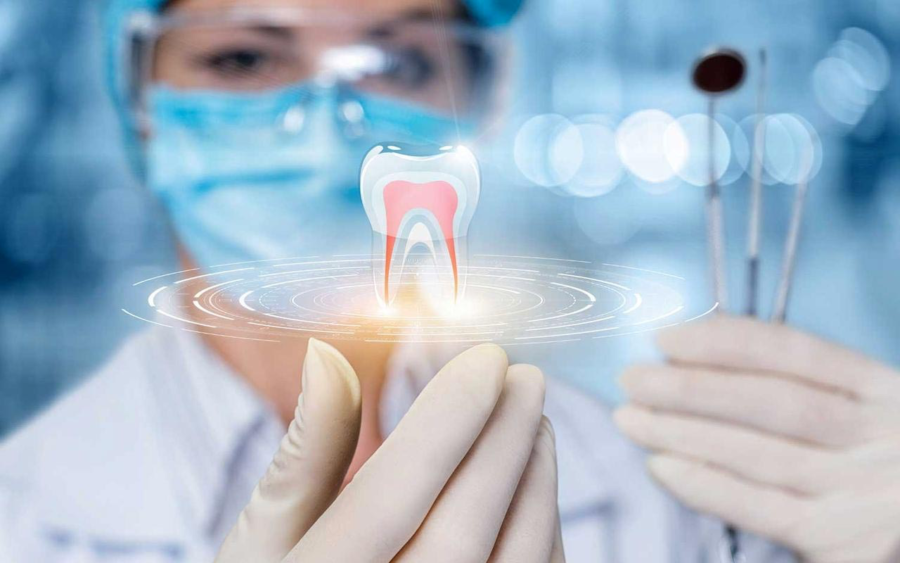The short answer is: It depends. Healing times for tooth extraction can vary depending on a number of different factors. Including the location of the tooth being extracted and your personal health habits. If you are reading this article. Chances are that you have been informed by your dentist that you will need to have a tooth removed. Unfortunately, many people do not enjoy visiting their dentist. Getting dental procedure done is never pleasant and most people would prefer to postpone it as long as possible. Dental extraction must be done as a last resort. However, delaying treatment could lead to more extensive dental procedures in the future. Which could be even more uncomfortable than having the tooth removed now.
What is tooth extraction in dental?
Fortunately, getting a tooth extraction isn’t usually too painful or difficult if you take excellent care of your oral health and hygiene. Additionally, with proper planning ahead of time and following some simple post-operative instructions from your dentist. You can expect an expeditious recovery process after a dental extraction procedure has been completed. Dental extraction is the removal of a tooth and can be performed for various reasons, like:
- Damaged Teeth: If you have a damaged or broken tooth that your dental professional deems is beyond repair. They will likely recommend its removal.
- Tooth Decay: Likewise, if your tooth has decayed to the point that it can no longer be treated with a filling, root canal, or crown. It may be best for your oral health to have it pulled.

- Periodontal Disease: When bacteria builds up and forms plaque underneath the gums, it can cause gum disease. Its severe form is called periodontal disease, and it can erode your gum tissue and bone. This can cause your teeth to loosen and potentially require their extraction.
- Crowded Teeth: If you have a smaller jaw that doesn’t fit all of your teeth, if you have extra teeth. Or if you have a tooth growing into or on top of the tooth next to it – your dental professional may extract a tooth to eliminate overcrowding.
What are some recovery concerns after tooth extraction?
- If pain after your tooth extraction increases rather than decreases.
- Gum swelling after your tooth extraction gets worse with time.
- Your blood does not clot and your bleeding does not improve (a condition called dry socket).

- If you experience a high fever, nausea, or vomiting.
- If you have severe pain that spreads to the ear.
- Or if you have drainage from the wound that tastes or smells foul.
What is the reason for your tooth extraction?
If your dentist has recommended a tooth extraction, it is likely for one of two reasons. First, it might be that the tooth is decayed or has been cracked or broken. In this case, you will need to have the tooth removed in order to prevent the decay or crack from spreading to the surrounding teeth and gums, causing more significant damage.
The other reason that a dental extraction might be recommended is if it is severely impacted or impinging. If a tooth has grown at an angle or is positioned in the wrong part of the mouth. It can be extremely difficult to keep clean, making it a prime candidate for tooth decay and infection.
Dental Extraction times will vary by location
The first thing to consider when determining how long your tooth extraction will take is the specific location of the tooth being extracted. Teeth in the front of the mouth tend to heal more quickly than teeth in the back of the mouth since there is less gum tissue in the front of the mouth.
Teeth that are near the surface of the gums will also heal faster than lower teeth that are buried deeper in the jawbone since they have easy and quick access to blood flow and oxygen. Teeth that are impacted will also tend to take longer to heal since they are located at the bottom of the jawbone.
Timing is also dependent on your overall health
Another factor to consider when trying to determine how long your tooth extraction will take is your general health. If you are in good health and have a strong immune system. You will heal more quickly than someone who is immunocompromised. A tooth extraction will lead to some bleeding. So if you have a low platelet or clotting blood count, you will likely take longer to heal.

Other factors that affect healing time
- Your age: Younger people tend to recover more quickly than older individuals due to their stronger immune systems.
- Location of the tooth extraction. Teeth that are located towards the front of the mouth will heal more quickly than teeth that are towards the back of the mouth.
- Type of tooth extraction. Surgical extractions in the front of the mouth will likely take more time to heal than those in the back.
- Type of aftercare you choose. If you choose to use medications to expedite the healing process, they will likely take longer to work than natural aftercare methods.
Conclusion
Tooth extractions are common and often necessary dental procedures that can be performed in various ways. They can be performed surgically or non-surgically, depending on the condition of the tooth and surrounding area. You should expect a typical healing time of several weeks after a tooth extraction procedure has been completed. There are a number of different factors that can affect the speed of the healing process. So it is important to follow your dentist’s aftercare instructions carefully.






